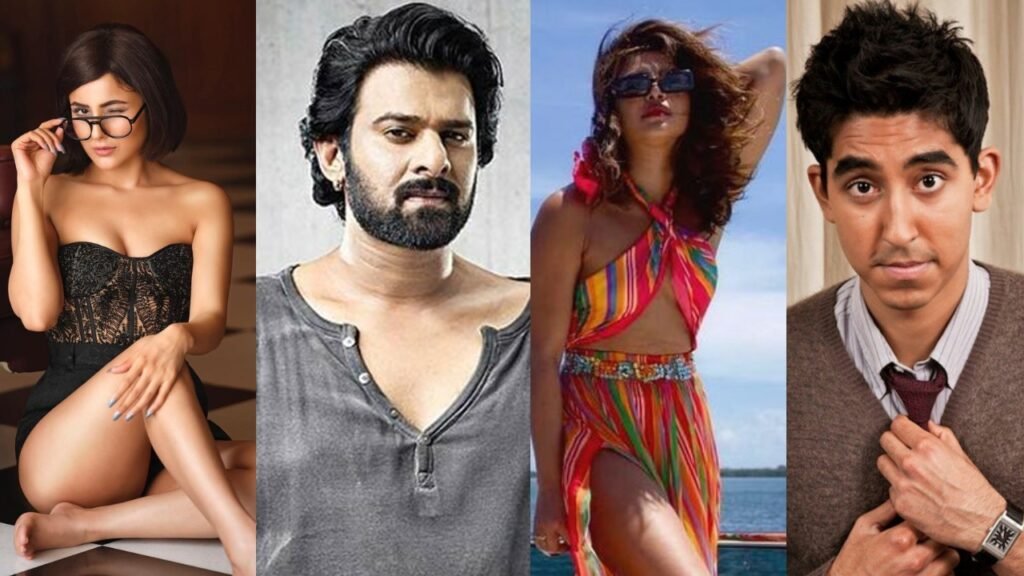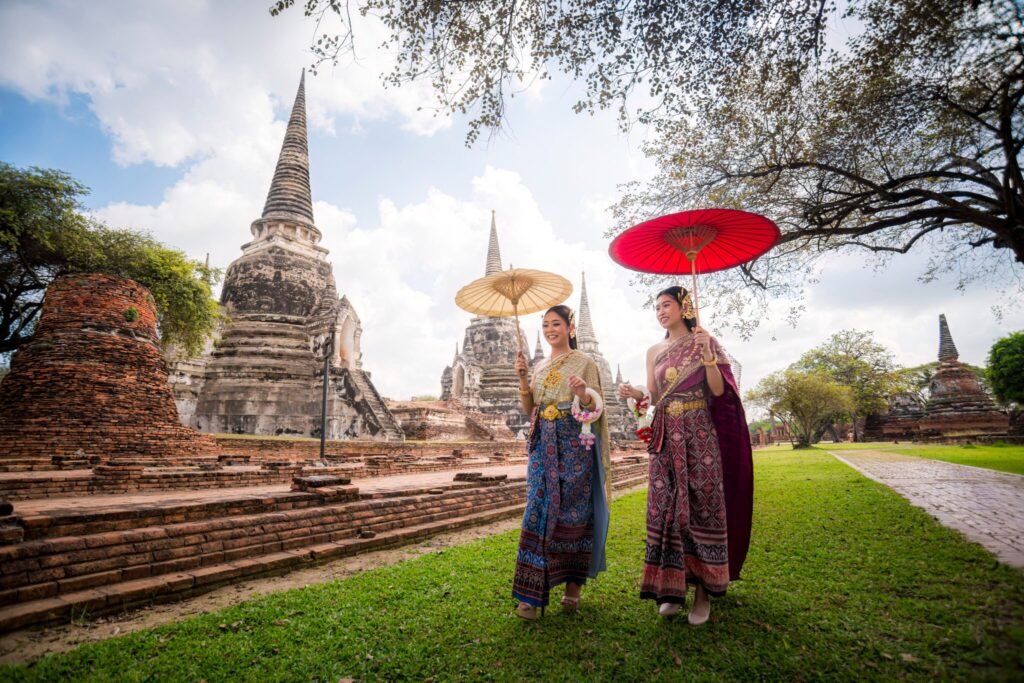Asia, the largest and most diverse continent, is home to a vibrant and influential celebrity culture. From Bollywood superstars in India to K-pop idols in South Korea, from Chinese cinema giants to internet sensations across Southeast Asia, celebrities in Asia are more than entertainers—they are cultural icons, trendsetters, and sometimes even social reformers. As technology, media, and globalization evolve, the role of Asian celebrities is expanding in remarkable ways.
Diversity in Stardom
Asia’s celebrity landscape is as diverse as the continent itself. Each country brings its own unique culture, entertainment industry, and type of stardom:
-
India: The heart of India’s celebrity world is Bollywood, the Hindi-language film industry based in Mumbai. Stars like Shah Rukh Khan, Deepika Padukone, and Amitabh Bachchan are household names not only in India but across the globe. India also boasts a growing number of celebrities from regional film industries like Tollywood (Telugu), Kollywood (Tamil), and others.
-
South Korea: The Korean Wave or “Hallyu” has turned South Korea into a global cultural powerhouse. K-pop idols like BTS, BLACKPINK, and EXO, as well as actors like Lee Min-ho and Song Hye-kyo, have huge international fanbases. South Korea’s tight integration of music, fashion, and digital media plays a major role in their stars’ success.
-
China: With a massive domestic market, China produces stars like Jackie Chan, Fan Bingbing, and Andy Lau, whose influence stretches across Asia and beyond. Chinese social media platforms like Weibo and Douyin (TikTok) have created a new breed of internet celebrities known as wanghong (internet red people).
-
Japan: Japanese celebrities, including J-pop stars, anime voice actors, and film actors, enjoy massive popularity. Icons like Takeshi Kitano, Hikaru Utada, and groups like Arashi remain deeply influential in shaping pop culture in Japan and abroad.
-
Southeast Asia: In countries like Thailand, Indonesia, and the Philippines, social media influencers and TV actors have become national icons. Manny Pacquiao, a Filipino boxing legend, is a celebrity not just for his sporting achievements but also for his political career.
The Role of Social Media
Social media has dramatically changed the nature of celebrity in Asia. Platforms like Instagram, TikTok, Weibo, and YouTube allow fans to interact directly with their favorite stars. This has led to the rise of a new category of celebrities—influencers. These are individuals who gain fame through online platforms, often without traditional media backing.
The power of social media also means that Asian celebrities can reach international audiences quickly. For instance, BTS built much of their global following through Twitter and YouTube, engaging fans through behind-the-scenes content and personal messages.
Cultural Impact
Asian celebrities have a significant impact on culture and society:
-
Fashion & Beauty: Celebrities often set trends in fashion, makeup, and hairstyles. South Korean beauty standards, heavily influenced by K-pop and K-drama stars, have shaped cosmetic industries across Asia.
-
Language & Music: K-pop has led to a rise in interest in learning Korean, while Bollywood films have made Hindi phrases and songs familiar worldwide.
-
Lifestyle & Behavior: Celebrities endorse fitness routines, dietary habits, and even social causes. Their influence on young audiences is enormous, sometimes leading to lifestyle changes and consumer behavior shifts.
Challenges and Controversies
With fame comes scrutiny. Many Asian celebrities face intense public and media pressure. South Korea, for instance, has had several tragic incidents involving celebrity suicides, largely due to cyberbullying and mental health stigma. In China, strict government regulations on celebrity behavior and online content have resulted in crackdowns on “celebrity worship.”
Scandals—ranging from tax evasion to personal misconduct—can quickly lead to public backlash and career ruin. Unlike the West, where celebrity controversies might be more tolerated, Asian societies often hold their public figures to conservative standards.
Philanthropy and Advocacy
Many Asian celebrities use their fame to support charitable causes. Angelina Jolie, although a Western star, has worked extensively with refugees in Asia. Jackie Chan is known for his philanthropy, supporting education and disaster relief. In India, actors like Priyanka Chopra and Aamir Khan have championed gender equality and social reform.
Additionally, celebrities often participate in political or social movements. Thai actors have spoken out for democracy, while Indian stars have lent their voices to environmental issues and women’s rights.
The Future of Celebrity in Asia
The celebrity culture in Asia is evolving rapidly. With the growth of OTT platforms like Netflix and Amazon Prime, Asian stars are gaining more international exposure. Movies, music, and dramas from Asia are reaching global audiences like never before.
Moreover, the rise of the metaverse, AI influencers, and virtual idols may redefine what it means to be a celebrity. Countries like Japan and South Korea are already experimenting with holographic concerts and AI-generated performers.
Conclusion
Celebrities in Asia are more than entertainers—they are influential forces shaping fashion, language, politics, and culture. While they enjoy immense popularity and success, they also bear the weight of public expectations and responsibilities. As Asia continues to grow in cultural and economic power, its celebrities will remain key figures in not only regional but global influence.



















